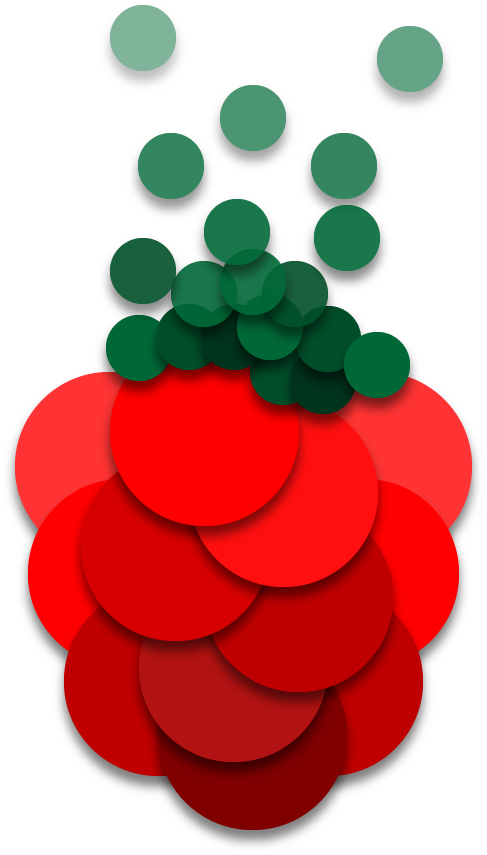Pin dependencies |
6 years ago | |
|---|---|---|
| .circleci | 6 years ago | |
| config | 6 years ago | |
| glob | 6 years ago | |
| lib | 6 years ago | |
| res | 6 years ago | |
| .gitignore | 6 years ago | |
| LICENSE | 6 years ago | |
| README.md | 6 years ago | |
| package.json | 6 years ago | |
| renovate.json | 6 years ago | |
| server.js | 6 years ago | |
README.md
rcn-frontserver 



This is the front-end web-server of the Raspberry Communication Network (that is still in development).
Contents
Requirements
You need to have Node.js installed to run this script. Just in case update your npm with the command:
npm install -g npm@latest
Getting started
To install the dependencies listed above, run the following from the commandline.
npm install
Now you can run the server by typing:
node server.js
Arguments
Just type node server.js -h or
Usage: server.js [options]
Options:
-h, --help show this help message and exit
-p, --port define the port for the server to run on
--loglevel define at which level the console should output
--test start the server and exit after 10 seconds
Configuration
This configuration applies to the server.json.
Routes for each type of file
In the server.json all common web file-types have their own configuration at routes.
{
"routes": {
".html": {
"path": "./res/html/",
"mime": "text/html"
}
}
}
In the configuration a path and mime-type is defined. When the server starts recieves a request, it reads the configuration and searches for the file in the specific route. If the file exists it gets transportet with the defined mime-type. The type of the file is determined with the file's extension.
Mounting external folders
It is also possible to mount additional folders into the web-application by defining them at mounts. Mounts are more important than routes so when the server recieves a request, it first looks if the request-url has a mounted directory (or file).
{
"mounts": [
{
"path": "./path/to/directory/",
"mount": "/mount/"
}
]
}
The path Attribute defines the mounted directory (of file) on the local filesystem. The mount attribute defines where the directory is mounted in the web-application. The mount-path supports RegEx strings (the value is interpreted as a regular Expression by default).
Cool features
Embedding SASS-Stylesheets, Vue.js and jQuery
This server automatically embeds Vue.js, jQuery and the script.js and style.sass stored in ./glob. And yeah, that's right. You can embed .sass-files. When encountering a .sass file, the server compiles it into .css. The result will then be stored in the ./.cache directory. The server also detects changes on the original file and refreshes the cached file when the change was detected. The refreshing only happens, when the file was requested.
Roadmap
- SASS-Files and caching of preprocessed files
- Mounting of folders or files on other locations (by using the config.json)
- A package.json because it seems to be important nowadays
- HTTP-Statuscode integration with specific pages
- Handling POST-Methods
- Integrating Backend-Applications via a standardized JSON-interface
- Change from JSON to CSON and consider this in the standardized interface